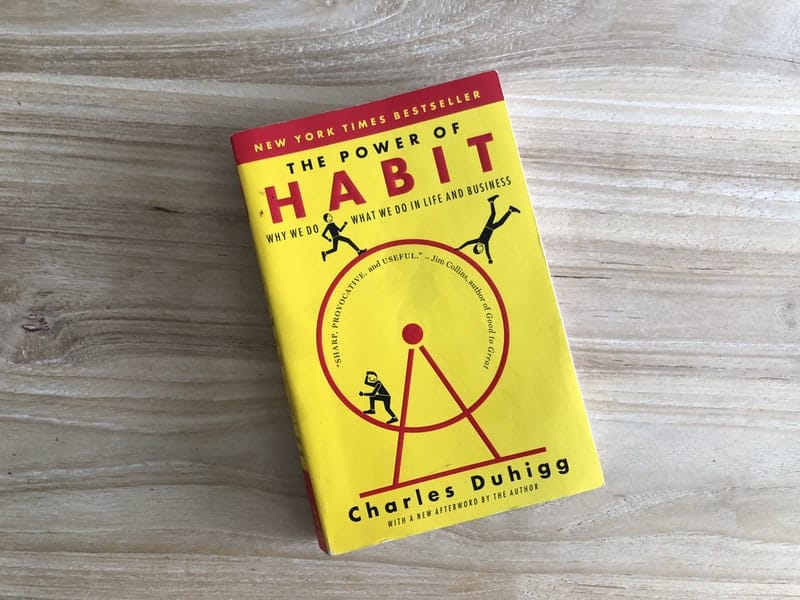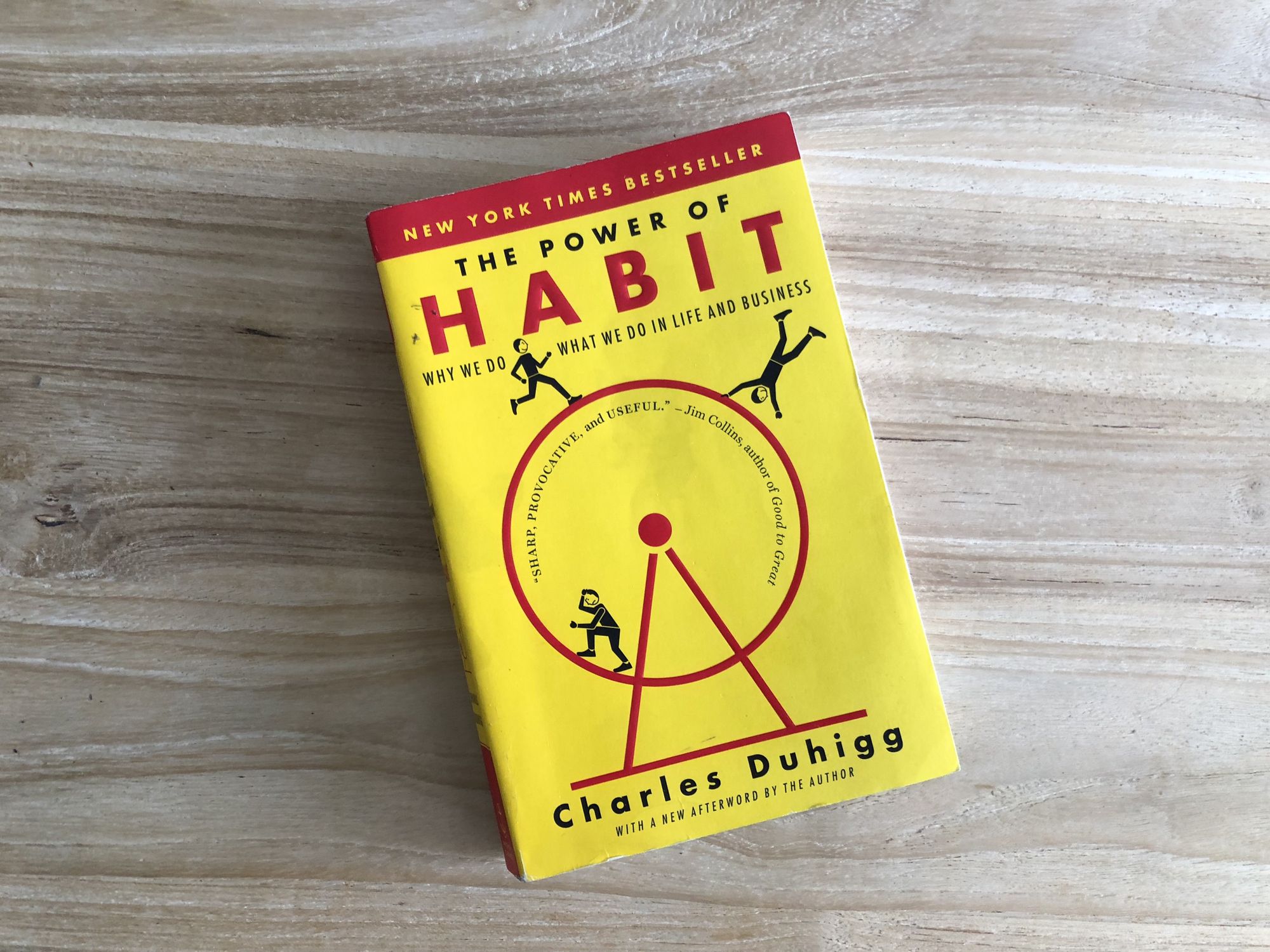Our New Habits of Work and Life
Charles Duhigg — "The Power of Habit" — talks about how Covid has changed us

This is a quick post written spur of the moment, to share a particularly salient and relevant response from an interview with author Charles Duhigg, author of “The Power of Habit: Why We Do What We Do in Life and in Business” and “Smarter Faster Better: The Transformative Power of Real Productivity.”

The source of the interview is “The Prof G Show,” Scott Galloway’s podcast.
The question was about changes to habits due to the Covid-19 pandemic. Duhigg’s answer hit me as being right on the money:
A little primer on habits. The way habits works is that every habit has three components — a cue, a routine, and a reward. And it’s that cue and that reward that are really important in deciding if that habit is going to take root in our brain.
One of the things that has happened with the pandemic is that all of our cues have been displaced because our daily routines have been thrown out of whack. And, we’ve been introduced to new rewards that maybe we theoretically saw as rewards previously but didn’t actually believe were rewards, like having dinner with our kids or not having to get on airplanes and being able to spend the weekend relaxing.
That introduction to those new cues and new rewards has been tremendous in helping people understand what new habits can infiltrate their lives.
When we talk about the fact that business travel hasn’t returned and we chalk it up to all these structural reasons — people are afraid of X and Y and Z, the pricing isn’t clear yet.
I think a huge part of it is that people have had a mass psychological change. They’ve now learned that the lives they had previously were not inevitable. They did not have to live that way. They have proven to themselves that alternative lives are actually more rewarding. And so, even once everything gets back to normal . . . we are not going to see the same society we saw previously.
I thought this was worth sharing. It feels spot-on.